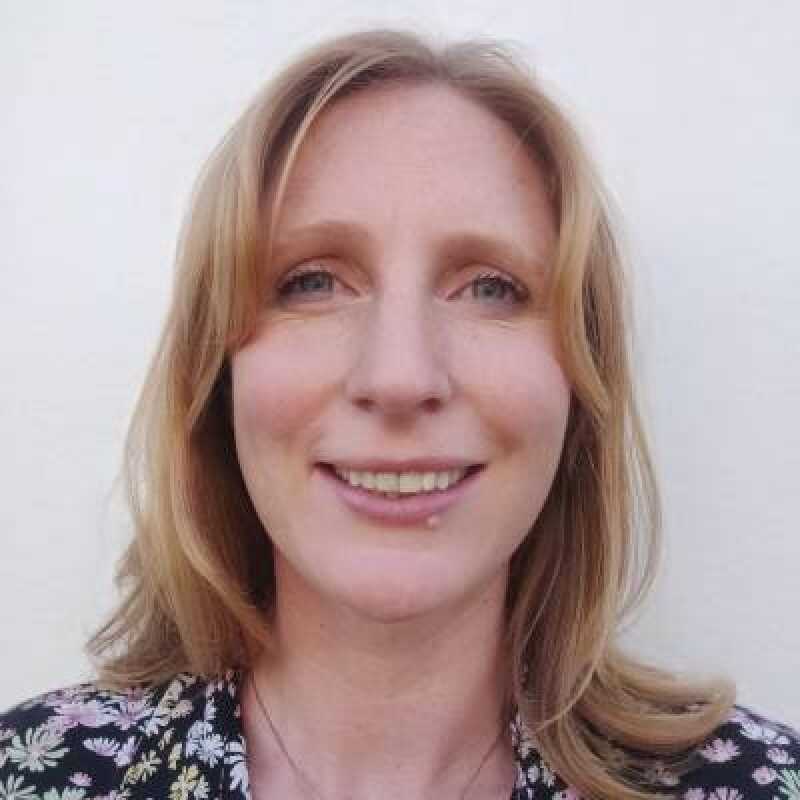- University of Kent
- Centre for Medieval and Early Modern Studies
- People
- Francesca Richards


Francesca began her academic career in Anthropology, obtaining a BSc (Hons) from University College London and MA (with Distinction) from the University of Sussex. During an extended break from academia, Francesca qualified as a paediatric nurse at King’s College London and worked on the paediatric liver ward at King’s College Hospital.
Francesca returned to academia to obtain an MA in Medieval and Early Modern Studies (with Distinction) from the University of Kent. Her Master’s dissertation explored attitudes to exotic drugs among the Kentish gentry in the seventeenth and eighteenth centuries. Francesca was awarded a Wellcome Trust doctoral studentship in 2021 to pursue her PhD research at Kent.
Francesca convenes the Early Modern Coffee House in MEMS, a fortnightly seminar series which gives postgraduate students and early career researchers the opportunity to present workshops and papers in an informal setting. She also volunteers in Collections Management at the Beaney Museum, Canterbury.
Francesca was co-organiser for MEMSFest 2019 and chaired several panels.
Francesca’s interdisciplinary research draws on a range of fields:
“Medicine, charm or treasure? Mediterranean red coral in England 1600-1800”
Francesca’s project explores the value placed on Mediterranean red coral, a natural material sourced and prized in medieval and Renaissance Italy but also a culturally significant import to Protestant England c. 1600-1800. Drawing on a wealth of documentary evidence, material and visual culture, Francesca is examining how coral was used as a medicinal ingredient, contributed to a domestic armoury against natural and supernatural threats, and was also valued as a luxury commodity. The ecological threat to corals globally makes understanding our long history of engagement with this precious material all the more critical at this time.
This thesis is supervised by Dr Suzanna Ivanic and Dr Catherine Richardson.
Loading publications...
Showing of total publications in the Kent Academic Repository. View all publications